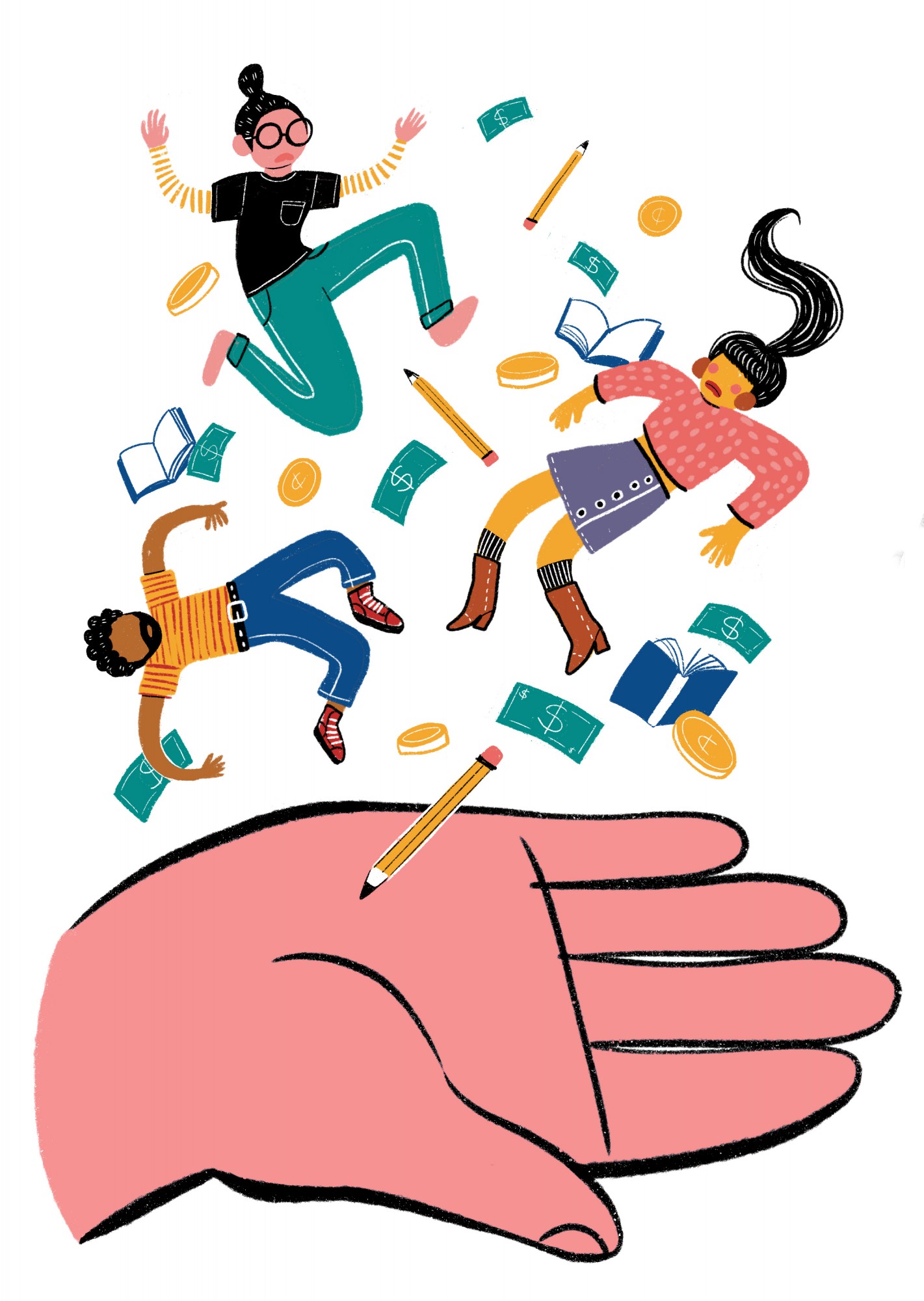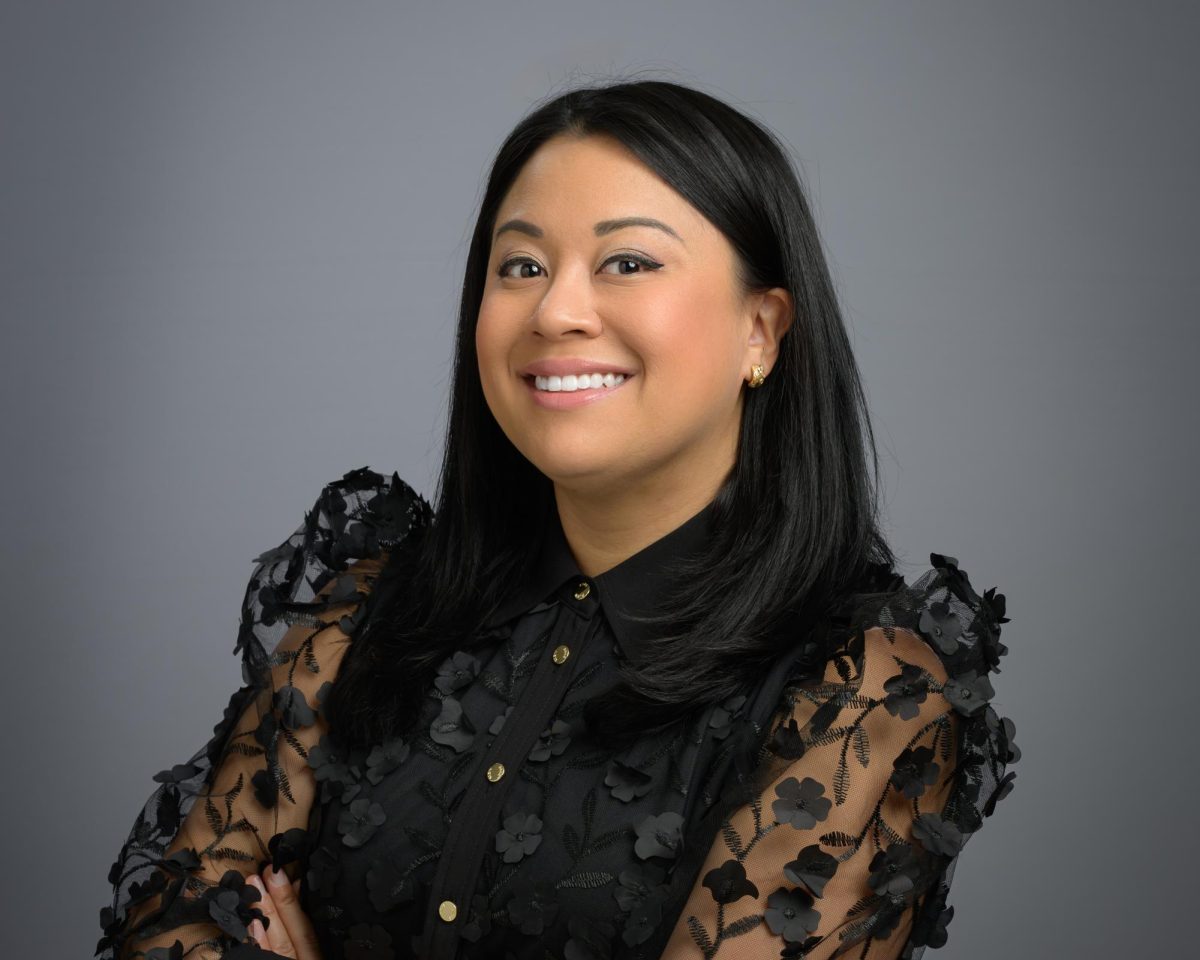University of Minnesota students are reconsidering their graduation plans in the wake of the economic fallout due to COVID-19.
Past recessions have increased interest in higher education among both high school and college graduates, last seen en masse in the wake of the Great Recession between 2007 and 2009. During that time, undergraduate and graduate enrollment surged and tuition increased, according to FiveThirtyEight. According to experts, the U.S. is more than likely headed into an unprecedented recession period, per The New York Times.
Joyce Serido, an associate professor in the College of Education and Human Development, said economic distress historically triggers a renewed interest in higher education.
“When there is a recession, from an economic perspective, it makes sense to go to some form of higher education,” she said. “When there are fewer jobs out there, the [barrier] of going to college is not so bad. It’s like, ‘Well, I can’t get a job anyway, so I may as well go to school.’”
Serido contributed to a study that launched in 2007 examining the paths of students in undergraduate programs during the Great Recession. According to the study, only 49% of participants reported having full-time employment after graduating, while 20% reported part-time employment and 18% were enrolled in graduate studies. These numbers were taken in 2013, about two years after the participants had graduated.
With fewer jobs available, higher education becomes more attractive as people look to become more qualified job candidates. This thinking fueled college and graduate school enrollment during and after the Great Recession. But Serido says students today might be warier of the pitfalls of staying in school, making a possible enrollment increase less drastic.
“Back in 2007–2008 when kids were graduating and going into college, the student loan crisis was not on anybody’s real radar,” she said. “The national dialogue was not, ‘Well don’t take out student loans, they could cripple you.’ … However, I think that young people will be more cautious because they know much more about the downside of student loans.”
Sociology major and second-year University student Saulkdi Yangh has been considering pursuing graduate school. He said his interest in studying the effects of the COVID-19 pandemic has only pushed him further down that path, but the prospect of taking out more loans complicates that decision.
“One of the main reasons I chose UMN is because of their financial aid package,” he said. “I constantly worry about how I am going to pay for grad school.”
Serido says the uncertainty surrounding the pandemic further complicates future plans for both graduating seniors and those looking to continue their education.
“I would say I’m more concerned about them,” she said. “Their lives are really on pause. … It’s not that there aren’t jobs or that there won’t be jobs, it’s that they don’t know where the jobs will be, who will be hiring, or what is open to them because the whole economy is on pause.”
Stephen Mohabir, a senior I.T. Infrastructure major, said that while he is considering furthering his education, the requirements for him to do so at the University may act as a barrier. The program he is interested in at the University requires work experience, which may be difficult under current conditions.
“I’m thinking about where I’m going to work and what companies are going to hire seniors that recently graduated,” he said. “A lot of the companies that I was looking at have hiring freezes.”



















